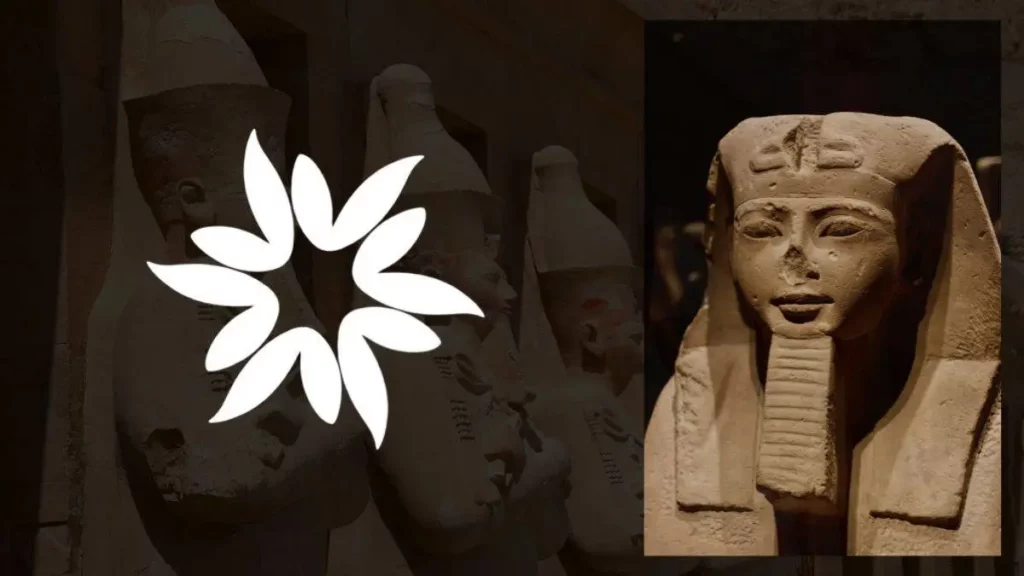Key Takeaways
- Renaming of Berkeley Library: Trinity College Dublin has decided to rename its central library, previously known as the Berkeley, after historical findings revealed that George Berkeley, the library's namesake, owned slaves and advocated for slavery during his time in colonial Rhode Island.
- George Berkeley's Legacy: Berkeley, an influential philosopher and former Trinity fellow, is known for his intellectual contributions. However, his involvement in slavery and racial discrimination contradicts the values of the university.
- Separating Intellectual Contributions from Controversial Legacy: Trinity College affirms that Berkeley's philosophical theories will continue to be part of the academic curriculum. The renaming of the library is a way to separate the institution from the dark aspects of Berkeley's past.
- Student-Led Protests and Campaigns: The decision to rename the library was influenced by student-led protests and campaigns, reflecting a growing trend in reevaluating the legacies of namesakes at universities worldwide.
- Finding a New Name: Trinity College is in the process of finding a new name for the library that aligns with the university's values and inclusive vision.
Trinity College Dublin, Ireland’s oldest university, has decided to rename its central library, previously known as the Berkeley.
This decision comes after historical findings revealed that George Berkeley, the 18th-century philosopher whom the library was named after, not only owned slaves but also advocated slavery during his time in colonial Rhode Island.
Berkeley, a notable scholar and former Trinity fellow, is known for his influential philosophical and scientific ideas.
Despite his intellectual contributions, the university’s governing board chose to “dename” the library following months of investigation into Berkeley’s problematic legacy.
During his American sojourn, Berkeley had ambitious plans to use the profits from his plantation and public donations to establish a school in Bermuda.
His vision involved coercively converting Native American children to Christianity. Although these plans didn’t materialize, Berkeley’s legacy is marred by his enslavement practices.
A Recognition of Contradiction
Trinity College’s provost, Linda Doyle, acknowledged the controversy surrounding Berkeley’s legacy.
She emphasized that while Berkeley’s intellectual achievements are globally recognized, his involvement in slavery and racial discrimination contradicts the university’s values.
However, Doyle affirmed that Berkeley’s philosophical theories would continue to be part of the academic curriculum at Trinity.
The library’s renaming does not erase his intellectual contributions but rather separates the institution from the dark aspects of his past.
A Growing Trend in Reevaluating Namesakes
The decision to rename the library was also influenced by a series of student-led protests and campaigns that started last year.
The student body, becoming increasingly diverse, could no longer accept a library named after a slave owner.
This initiative is not an isolated case. Various universities worldwide have been revisiting the legacies of their namesakes.
The University of California Hastings College of the Law recently changed its name due to the role its namesake, Serranus Hastings, played in the genocide of indigenous people.
Additionally, the University of California, Berkeley, named after the same philosopher, has renamed buildings previously dedicated to individuals with tainted legacies.
The University of California Hastings College of the Law recently changed its name due to the role its namesake, Serranus Hastings, played in the genocide of indigenous people.

A New Name for the Library
The process of finding a new name for the library is underway. Notably, the library will not revert to its former name, the New Library, due to the construction of more recent libraries on the campus.
The Trinity community is looking forward to a new name that aligns with the university’s values and inclusive vision.
Retaining and Explaining Approach
Despite the renaming, students will continue to encounter Berkeley’s legacy, such as in the 19th-century stained-glass window commemorating his life in the college chapel.
However, the school plans to add information about the controversy to the display, adopting a “retain and explain” approach.
This dename decision exemplifies the growing commitment of educational institutions to revisit and rectify historical legacies that contradict their core values.
It is a significant step towards fostering an inclusive and respectful academic environment.








